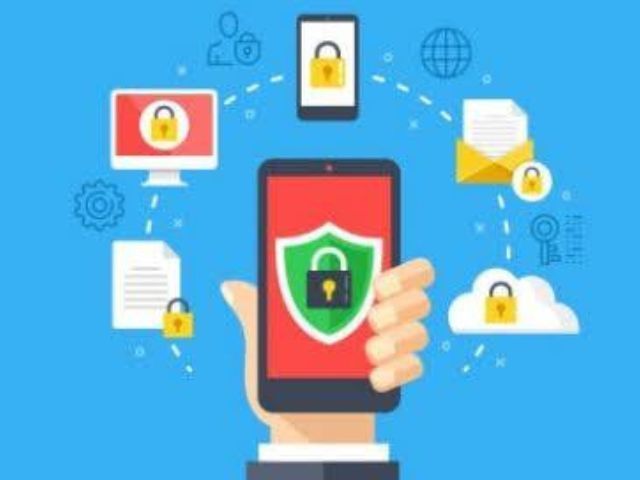VoIP Theft of Service - What You Need to Know
VoIP theft of services is one of the most common types of fraud that affects VoIP phones. Let's take a close look at how VoIP services work and how your business can prevent or minimize the risks associated with this kind of fraudulent activity.
What is theft of service?
VoIP theft of service is the most common VoIP type of fraud. It involves stealing your organization's VoIP accounts' username and password, either by eavesdropping on their conversations or by installing malicious software onto their computers. If cybercrims gain unauthorized control of your account, they can use it to make free calls or change your plan without your knowledge.
Furthermore, cyber criminals may use the hacked information for their own purposes. They can also use spoofing to flood your VoIP networks with promotional calls similar to spam emails via an Internet telephone call (SPIT) technique. Once they've infiltrated your communication network, they could send out unsolicited text message broadcasts or spam calls, essentially identity theft. If people don't answer their phones, they won't be able to take phone calls, which could have a significant impact on your business operations.
How can you avoid theft of service?
To prevent VoIP phone fraud, just use a little common sense and implement some technical preventive measures.
- Make your passwords as secure as possible. Passwords must be at least eight characters long, containing both uppercase and lowercase letters, digits, and special characters. To add an extra layer of protection, create long sentences using random words. They're usually longer and harder to guess than passwords, but they're easier to remember.
- Make sure to install updates for your VoIP phone systems and infrastructure regularly, and update your antiviral software.
- Use fraud detection and prevention software to detect and prevent fraudulent calls.
- If you want to ensure that your remote workers' internet connections remain secure, set up an enterprise-grade VPN. A VPN encrypts both incoming and outgoing Internet communications without degrading voice calls.
- If you're seeing unusually high numbers of calls from certain individuals, review your organization's call log for any unusual trends or behaviors, such as higher- than usual call volumes or calls placed during off-hour periods.
Business communications tools such as VoIP are important for any business, so understanding what theft of services is is necessary to keep them running smoothly. If you want to learn more about keeping your VoIP systems secure, please contact us for more information.
Recent Posts











